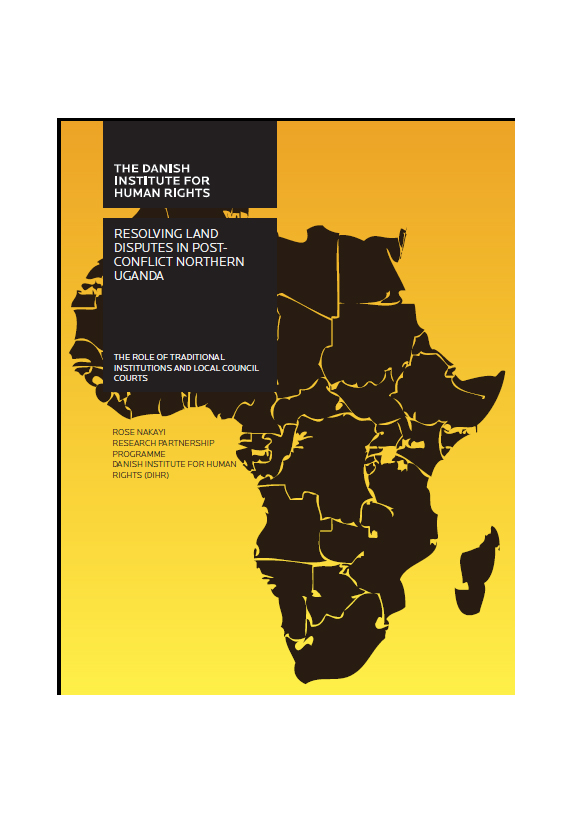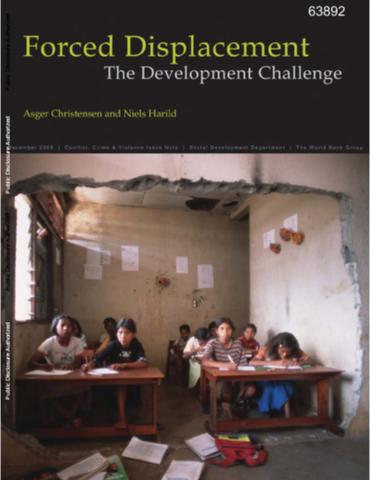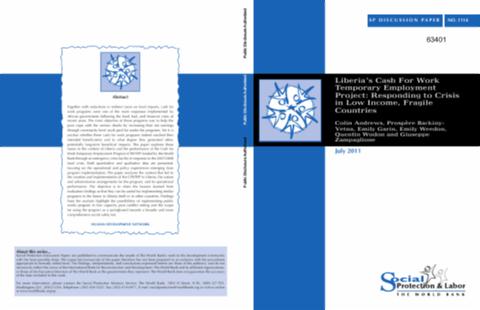Comparative Statement of National Policy for Resettlement & Rehabilitation of Project Affected Families (NPRR‐2003) & National Rehabilitation Policy (NRP‐2006)
This document from Department of land Resources, Government of India presents a comparative Statement of National Policy for Resettlement & Rehabilitation of Project Affected Families (NPRR‐2003) & National Rehabilitation Policy (NRP‐2006)







